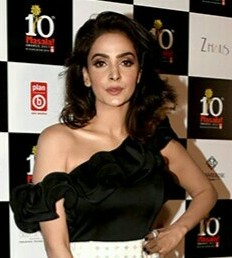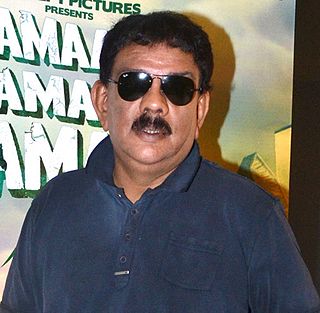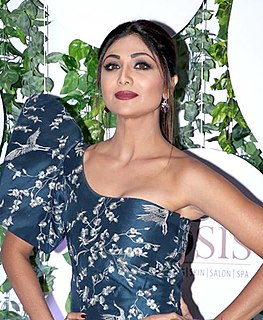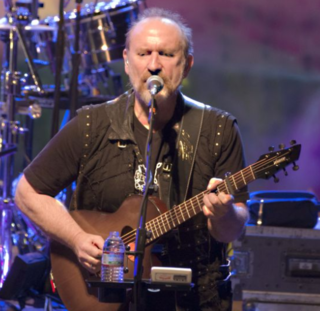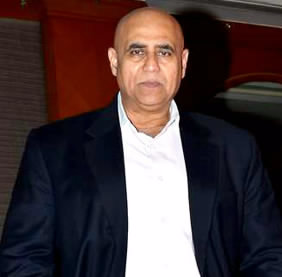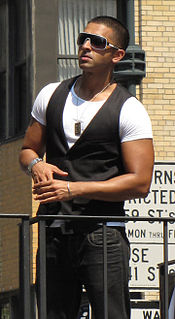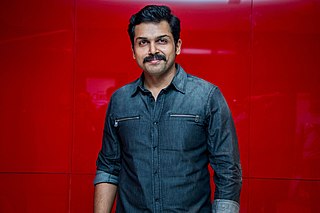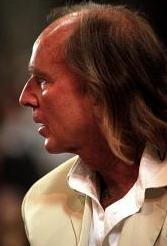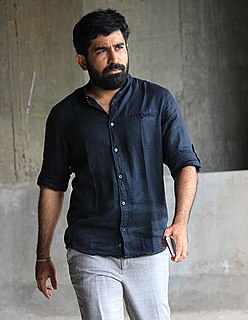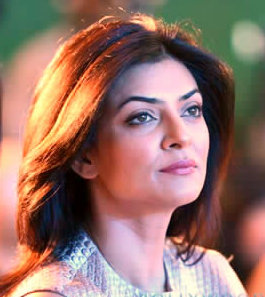A Quote by Saba Qamar
The Indian audiences have accepted me wholeheartedly. I find that very encouraging.
Quote Topics
Related Quotes
I'm a proud Indian but I feel very, very happy that people have accepted me here as well in the west. It's the people here in Britain that have given me my newfound fame here, so I owe it to them. We must give credit where it's deserved. It's not just the Asian community, it was also the British people who voted for me on Celebrity Big Brother and wanted to see me. So, I'm very happy and I think I'm a good eclectic mix of both cultures.
In the '50s, audiences accepted a level of artifice that the audiences in 1966 would chuckle at. And the audiences of 1978 would chuckle at what the audience of 1966 said was okay, too. The trick is to try to be way ahead of that curve, so they're not chuckling at your movies 20 years down the line.
When I talk of primordial innocence, I hear it in Sufi music with the nay flute. I see it in Coptic icons, in most traditional art, particularly art of the American Indian. I find the texts extraordinarily beautiful and very childlike and very simple. I've been particularly interested in American Indian texts.
